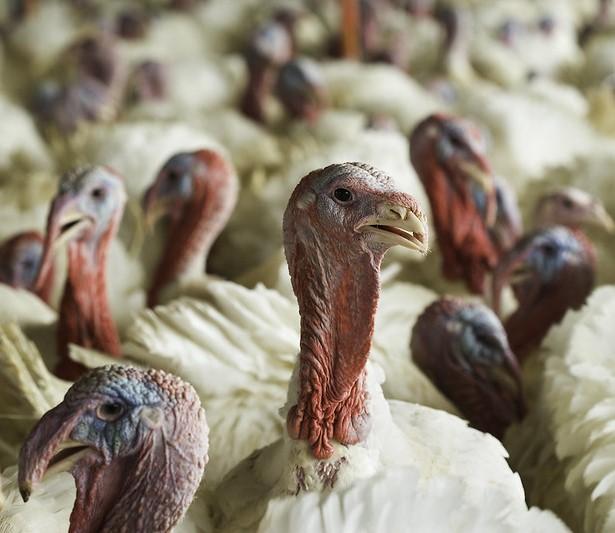Bulgaria has reported a SARS-CoV-2 outbreak involving mustelids, an animal family that includes minks and other fur-bearing animals, at a farm in Stara Zagora in the central part of the country, according to a notification from the World Organization for Animal Health (WOAH).

The event began on October 20, with 98 cases reported among the 70,000 animals at the location. Tests at the National Diagnostic Research Veterinary Medical Institute in Sofia confirmed the findings the same day.
Bulgarian officials had proposed a ban on the breeding and importing of American mink in 2022 following reports of inhumane conditions on a farm in Stara Zagora, said to be the country’s largest such producer, according to a report in February from the Bulgarian News Agency. However, the country suspended the plan following a legal appeal, EuroNews reported in June.
Minks are known to be a mixing vessel for respiratory viruses, and recent H5N1 avian flu outbreaks at fur farms in Finland have intensified calls to ban such farms, owing to pandemic risks. SARS-CoV-2 had been previously identified in farmed mink in the Netherlands and Denmark, and scientists have raised concerns about the possibility that wildlife species could be a reservoir for the virus. In 2020, Denmark detected a mutated coronavirus strain that passed from minks to people.













